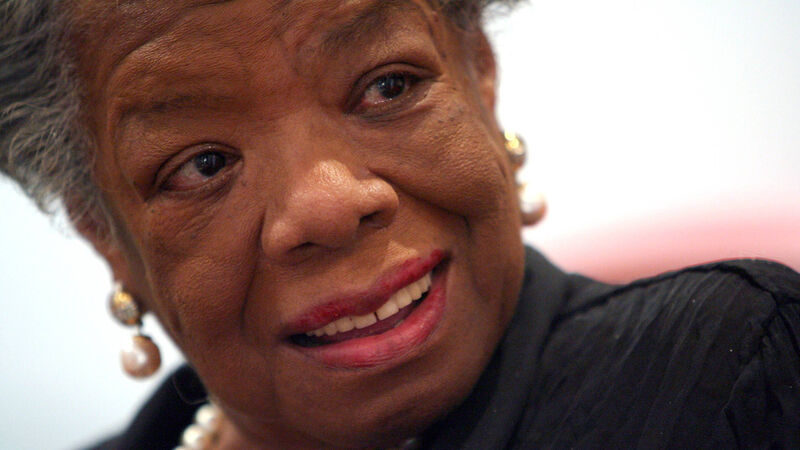Joyce Fegan: Why we must call out hate speech

American poet Maya Angelou: She said you build up your courage, starting off with one small courageous act. Picture: Mary Altaffer/AP
Try from €1.50 / week
SUBSCRIBE
American poet Maya Angelou: She said you build up your courage, starting off with one small courageous act. Picture: Mary Altaffer/AP
‘Is this your coat?” The late poet and life-long civil rights activist Maya Angelou once stopped a party in her own home with these words after a guest made a racist, homophobic “joke”. Not only did the recipient of more than 50 honorary degrees stop the party, she asked the speaker in question to leave the gathering.
This incident happened in the latter part of her life. She said she wouldn’t always have had the courage to call out such “poison”.
Already a subscriber? Sign in
You have reached your article limit.
Annual €130 €80
Best value
Monthly €12€6 / month
Introductory offers for new customers. Annual billed once for first year. Renews at €130. Monthly initial discount (first 3 months) billed monthly, then €12 a month. Ts&Cs apply.
CONNECT WITH US TODAY
Be the first to know the latest news and updates
Newsletter
Sign up to the best reads of the week from irishexaminer.com selected just for you.

Select your favourite newsletters and get the best of Irish Examiner delivered to your inbox
Sunday, February 8, 2026 - 5:00 PM
Sunday, February 8, 2026 - 6:00 PM
Sunday, February 8, 2026 - 1:00 PM
© Examiner Echo Group Limited